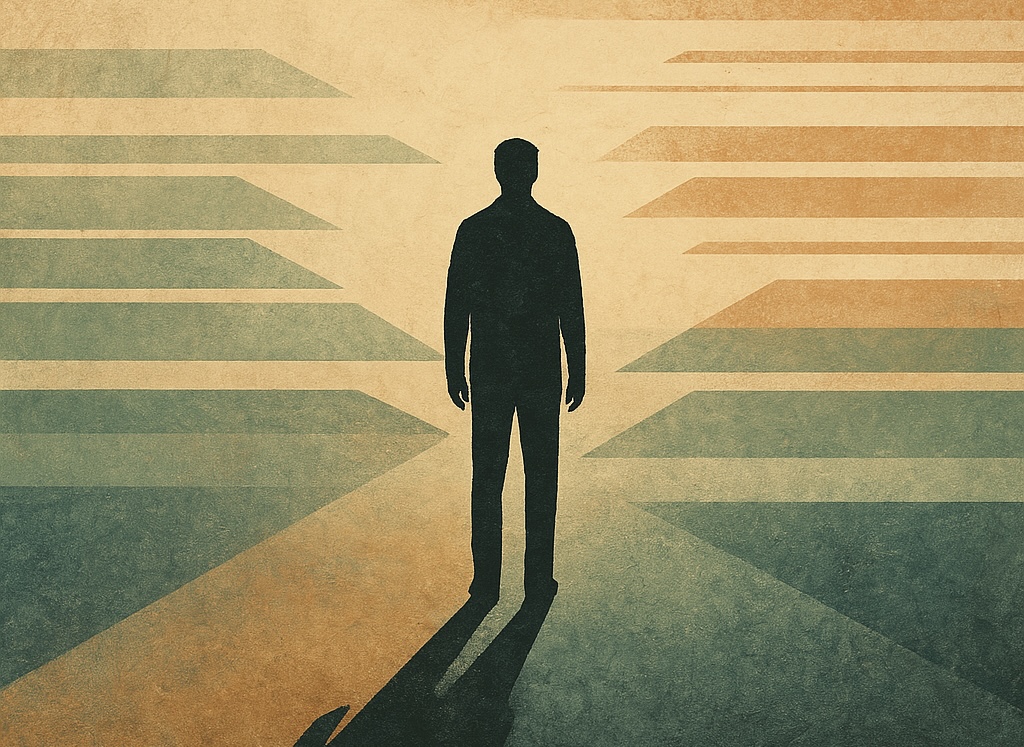Can someone who barely knows you—or has only very recently met you, or has seen you just a few times—know you better than you know yourself?
Most people would reflexively say, Of course not. The idea feels off. Intuitively wrong. I live in my own head, after all. I know my past. I know what I’ve been through. No one could possibly know me better than me.
But let’s slow that down.
Let’s say your psyche isn’t one unified thing, but a mosaic. Split it into a hundred parts—little sub-selves, patterns, tendencies, blind spots, fears, contradictions, insecurities, strengths you downplay, weaknesses you cover over. Now ask: could someone else—someone outside of you—see one or two or even three of those parts more clearly than you do?
That alone should introduce some doubt.
Because you can absolutely miss things about yourself. We all do. We all have filters—emotional, cognitive, even survival-based—that blur the way we see ourselves. We rationalize, we edit, we defend. We avoid certain truths because they’re uncomfortable or because they don’t match the story we want to tell ourselves.
Meanwhile, someone on the outside—unburdened by your internal make-up/narrative—might notice something in five minutes that you, for whatever reason, can’t see/understand/realise.
Now—what if this someone isn’t just a random observer? What if they’ve studied psychology? Or, at the very least, read and thought deeply about how people work? What if they’ve spent years watching patterns, recognizing archetypes, noticing how people lie to themselves or act out certain emotional loops over and over again?
And what if they’re just more experienced? Wiser? What if they used to be a lot like you? What if they’ve met a number of people with the same kind of parts you’re made of?
Then maybe—just maybe—they don’t just see a few of those parts better than you do. Maybe they see whole clusters of them. Maybe they don’t just notice what you’re doing—but why you’re doing it. Maybe they even know where it’s going.
That kind of knowing doesn’t require years of friendship. It doesn’t need late-night conversations or deep mutual confessions. It just requires attention, insight, pattern recognition—and a certain level of detachment that you, from the inside, simply don’t have.
That doesn’t mean they know your whole self. And it certainly doesn’t mean they’re infallible. People project. Psychologists can be wrong. Friends can misread you. But the point is: it’s not just possible for someone to know you better than you know yourself in certain areas—it’s likely.
Especially when those areas are the ones you’ve unconsciously kept yourself from seeing.
So next time someone who “barely knows you” says something about you that you don’t agree with—maybe don’t dismiss it so quickly. Maybe they just saw one of your hundred parts for what it is. And maybe it’s something you yourself are not quite yet ready (or able) to see.
Discover more from Brin Wilson...
Subscribe to get the latest posts sent to your email.



